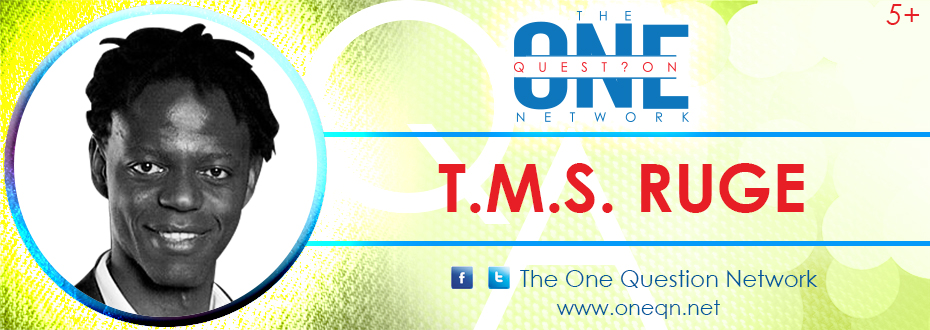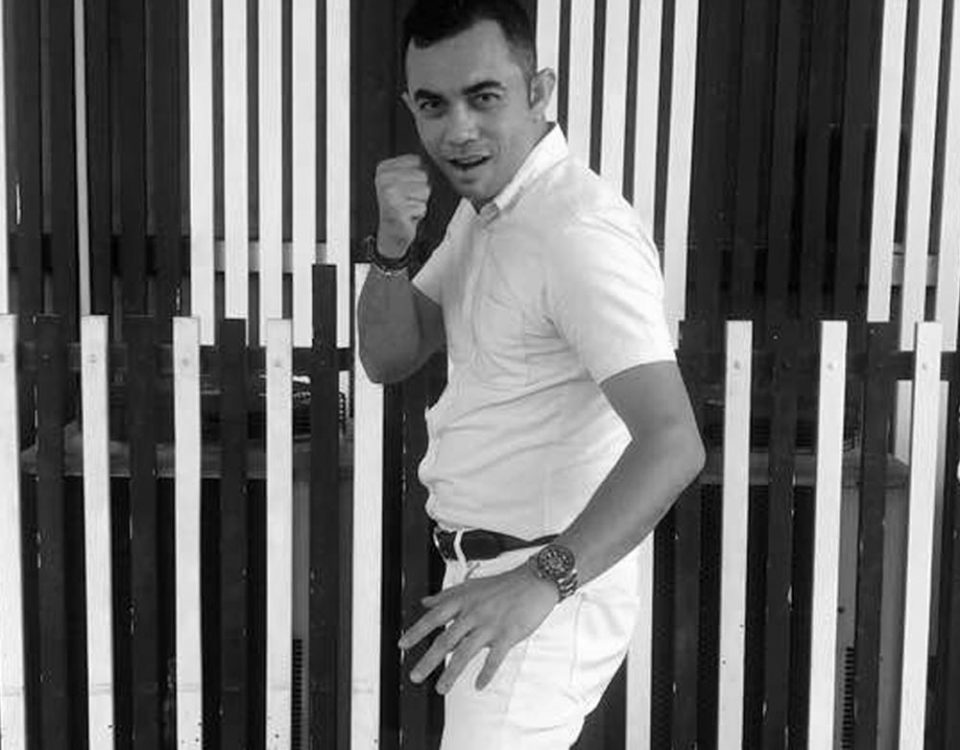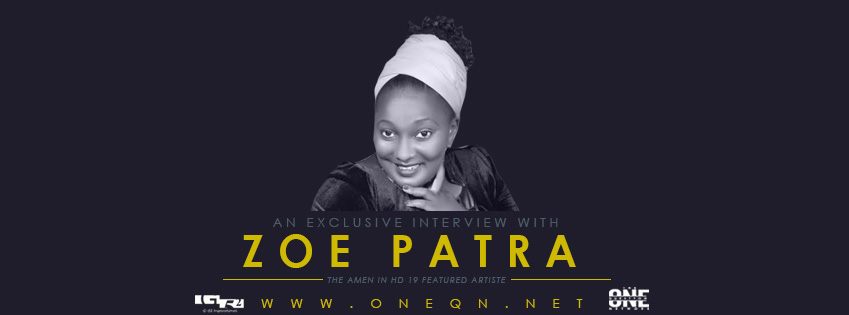TMS Ruge-Five Plus Interview
Kadosh Gospel Mix
Jun 14, 2013Rhoda Mukasa-Qn-Quotes
Jun 18, 2013You might have seen him on Al Jazeera’s The Stream, or on the streets of Kampala. But wherever you may have seen him, he strikes you as an extraordinary individual who will stop at nothing. He holds a Degree in Communication Design and has has written and spoken extensively on the need to invest in Africa’s IT and communications sector. He also holds 2 Ugandan records in the decathlon and pole vault. He has also made an appearance on The One Question Network!

Connect with TMS Ruge: Facebook | Twitter | Linkedin
Who is TMS Ruge?
In 2007, I cofounded Project Diaspora, an online platform for mobilizing, engaging and motivating members of Africa Diaspora to engage in matters important to the continent’s development.
I am a cofounder at Hive Colab, Uganda’s first technology incubator and co-working space. We provide a really cool co-working and incubation space in Kampala, Uganda.
I started UMPG, ltd., an agricultural value-added exporter in my (Masindi, Uganda). Why? Because farmers need better value addition.
In 2010, I launched Villages in Action, the first social media powered, live-streamed conference from a village to mark the 10th anniversary of the Millennium Development Goals.
In 2011, I was awarded the White House Champion of Change award in Washington, D.C.
As a technology enthusiast, I write and speak extensively about Africa’s current renaissance driven by technology, youth and the diaspora. I am a frequent contributor to several online publications including CNN, Globe and Mail, Wall Street Journal, The Guardian and I am the host of the Digital Continent Podcast on iTunes.
I was born in Masindi, Uganda and grew up in Uganda, Kenya and the United States.
What developmental projects has your organization (Project Diaspora) been able to startup, and in which area?
We have had the privilege of launching several projects including Women of Kireka, Hive Colab, Project UMPG, and Villages in Action. We have plenty or other projects still in the pipeline that we hope to reveal soon.
What have the challenges been?
There have been many challenges of course, ranging from financing everything, mobilizing, and sustaining initiatives. We like to think that we are a Diaspora startup garden. Seeding and feeding new ideas to harvest is not an easy chore.
Is Villages in Action a part of Project Diaspora? Where is it based and what does it do?
VIA was proudly born at Project Diaspora. In 2010 when the world was busy celebrating the 10th anniversary of the Millennium Development Goals (MDGs) I saw a distinct absence of voices from the last mile, the very poor who were supposed to be benefiting from these development goals. Their voices in the development discussion needed to be heard.
You have done a lot for Uganda in terms of representing it on the international scene. Why is this?
I think I have always played the role of unofficial ambassador for the Pearl of Africa. I am not shy about saying I love my country. I think we have huge potential and we are just getting started. We need to spread the good news and I am glad to be in a position where I can do that, and will continue to do so. We hear a lot about ‘Africa Rising.’ I think that’s too broad a spectrum for the world to grasp. As individual countries, there’s a pressing need for each of our states to brand themselves. I’ve accepted the role of promoting #brandUganda.
You have appeared on international television stations like Al Jazeera. How has this helped build your audience?
I think those appearances do help me reach a wider audience, and get in touch with people I’d never heard about. It spreads the discourse beyond the usual development audience. As I was saying before, with the kind of reach that they have, you really can’t say no to stepping up to the microphone and proudly representing Uganda and Africa.
Do you think Africa, particularly Uganda, appreciates the role you have played in mobilizing those in Diaspora to reach out to the less privileged in Africa?
I would say few countries are waking up the idea that their Diaspora are a huge asset rather than political threats. When one travels, the best learning happens. Humanity has evolved based on the knowledge gained from exploring the planet. Applied to the Diaspora, we have the ability to bring home our collective intellectual capacity and financial clout to really make things happen on the continent. Never before have we had this opportunity and it gets bigger and bigger. The countries that can maximize on their Diaspora opportunity will be better off for it. But also as a Diaspora population we need to be cognizant of our potential and organize in such a way that it is beneficial to our homelands.
As regards to unemployment, what do you think is the major reason as to why so many youth in Uganda graduate every year, but so few of them ever get jobs?
This is a big dilemma for Uganda. We don’t have industries that can absorb this youth talent. The economy may be growing, but it is not growing fast enough to absorb the talent coming into the market. The other problem we have is that I don’t think our graduates are getting a worthy modern education. We are still using a decades-old post-colonial curriculum that needs to catch up to the digital age. Our education system is about theory, very little practiced knowledge. The education system isn’t built to allow free thought or reward creative problem solving. Right now, we need fresh troupe of entrepreneurs who can start job-creating businesses & enterprises. A graduate opening a kiosk or operating a boda boda business isn’t what we need.
You are also involved in graphic design, photography and athletics. How do you divide your attention for each field?
Well it is important to have a varied skill set. I prefer to have a Swiss army knife as opposed to a sharp sword. My life requires versatility. A lot of it I’ve picked up through the education process. My creativity comes from my advertising and design background. My athletics forms the basis of my competitiveness. I one time wanted to represent Uganda at the Olympics. I never got there but I hold 2 Ugandan records in the decathlon and pole vault. I think all of those skills help me stay balanced both physically and mentally.
What are your plans for the next five years? Do you ever intend to settle back home(Uganda)?
I think establishing myself professionally is going to be my priority over the next five years. Hopefully that’ll also pave the way to spending time with my family and really becoming a global citizen. I have always been global, so I don’t think “settling” anywhere permanently is in the cards. I am always going to be transient.
We would love to here from you,drop us all your comments and inquiries via [email protected] , request for an interview ([email protected]) or advertise with us, send your inquiry to [email protected] and we will get back to instantly.
Connect with us : Facebook | Twitter



